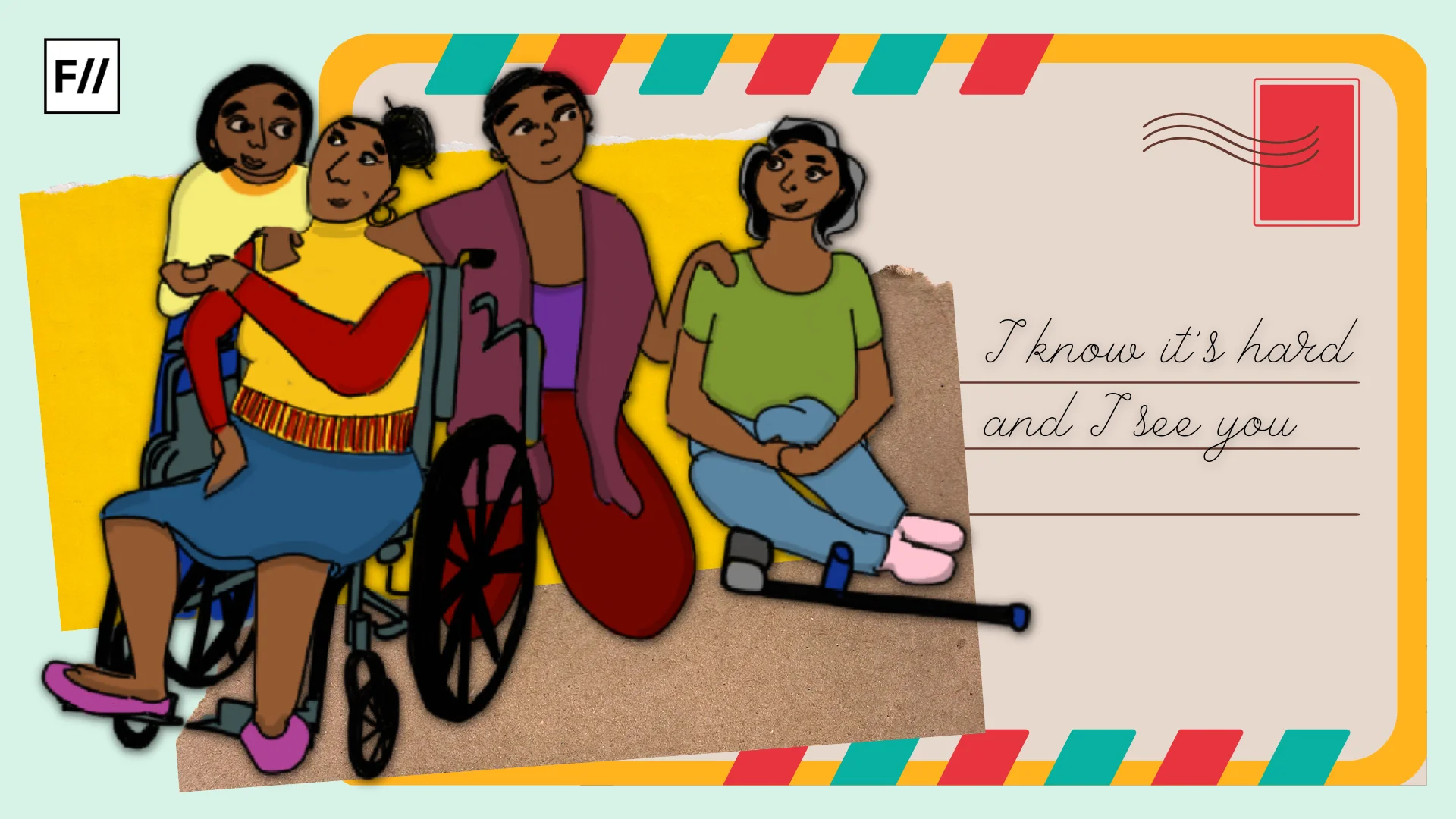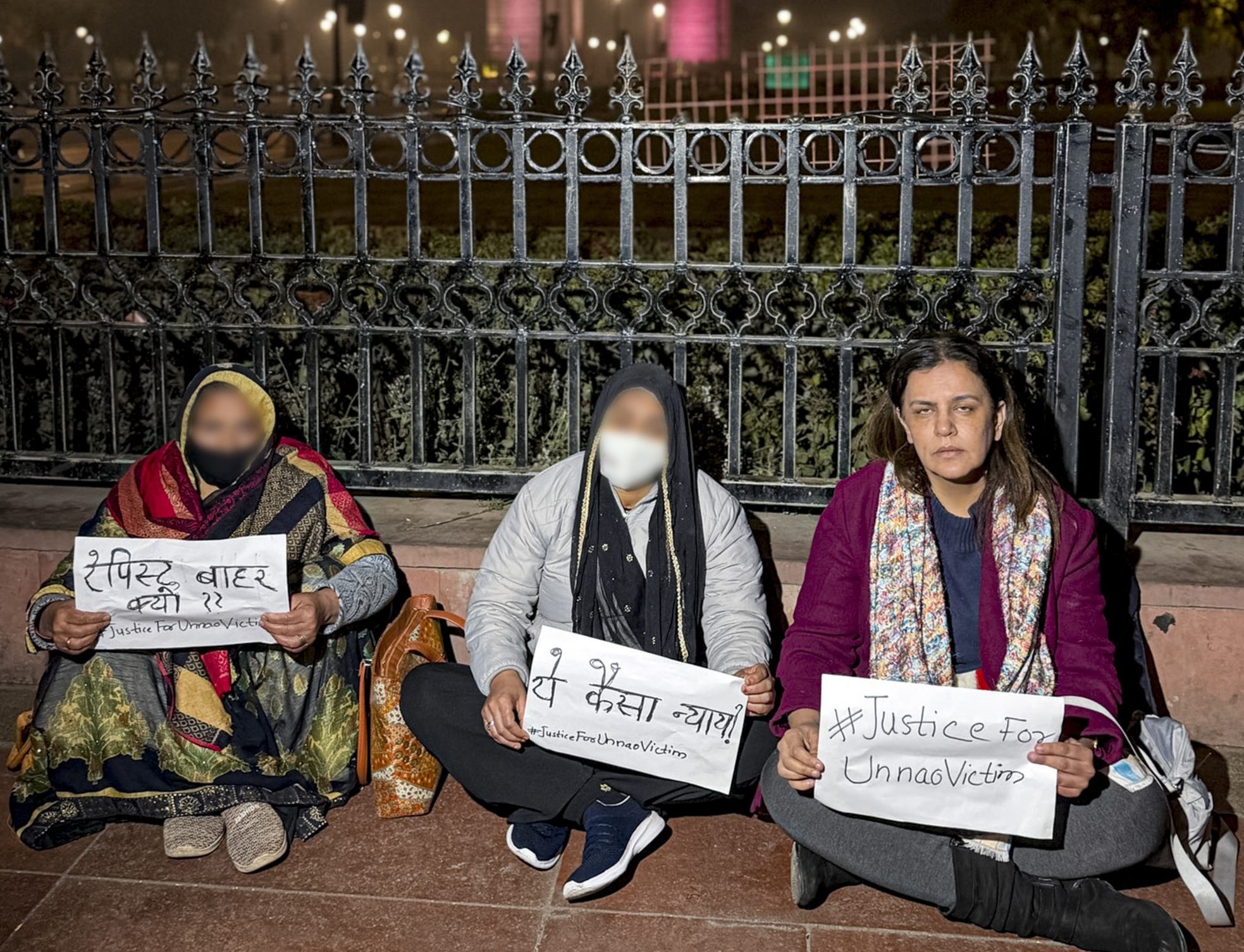Even as all of the world grappled to come to terms with the pandemic and its repercussions, the disability sector in India found themselves fighting other battles, particularly against the state structures – the Indian Government tried to amend/dilute as many as three laws which intrinsically affect disabled population of the country directly. All these happened within a span of last six months of 2020.
In the month of July, we had to struggle against the government’s attempts to amend of Rights of Persons with Disabilities Act. The Centre showcased extreme insensitivity by trying to amend punishment clauses of RPD Act which, ironically, they themselves admitted was in the interest of the business and corporate community.
Also read: The Proposed Amendment To The Disabilities Act Shows The Apathy Of The State
In October, the Ministry of Social Justice was planning to repeal the National Trust Act due to ‘austerity’ measures. The National Trust Act was hailed as progressive because of the Atal Bihari Vajpayee government’s move to empower the community of people with autism, cerebral palsy and other kinds of mental challenges — specifically focusing on the economic and rehabilitative challenges faced by the communities.
In October, the Ministry of Social Justice was planning to repeal the National Trust Act due to ‘austerity’ measures. The National Trust Act was hailed as progressive because of the Atal Bihari Vajpayee government’s move to empower the community of people with autism, cerebral palsy and other kinds of mental challenges — specifically focusing on the economic and rehabilitative challenges faced by the communities.
Meanwhile, as we witness around us, the State found the pandemic to be an apt time to repeal the National Trust Act which runs a scheme called Niramaya Insurance scheme that offers health benefits for persons with intellectual disability, autism, cerebral palsy, in addition to those with multiple disabilities.
And now, in December, it was reported that the government proposed to amend Rehabilitation Council of India Act (RCI Act). RCI Act is the oldest among disability laws which was passed in 1992. According to the RCI website, the Rehabilitation Council of India (RCI) was set up as a registered society in 1986. In September 1992, the Parliament brought the act to life and it became a Statutory Body on 22 June, 1993. The Act was then amended in 2000 to make its implications broader.
“The mandate given to RCI is to regulate and monitor services given to persons with disability, to standardise syllabi and to maintain a Central Rehabilitation Register of all qualified professionals and personnel working in the field of Rehabilitation and Special Education. The Act also prescribes punitive action against unqualified persons delivering services to persons with disability.”
In December 2020, the Government of India proposed amendment to this statutory body, as a result of which it could lose its autonomy. The new clauses included in the proposal reads –
“Notwithstanding anything contained in this Act, the Central Government can direct the Council to take action or refrain from taking action in any matter, which shall be binding on the Council”
And
“The Council is restrained from filing any legal proceedings against the Central Government in any matter.”
One wonders why the central government thinks of RCI as a possible threat to them and go on to introduce these clauses which will make RCI a puppet in hands of the Government.
It is important also to understand that in the same amendment, Government says RCI will become self-financed within four years. This means the government will withdraw monetary support, while at the same time all professionals working for rehabilitation (both in education and health sector) will need to be affiliated to this Council. The amendment would bring together all the professionals under as an umbrella comprising of yoga therapists, social workers, psychiatrists and recreational therapists. These professionals must be registered under RCI to be working professionals in the disability sector. This could be a constraint in terms of inclusion.
For example, in a dance academy, the teacher encourages an autistic child to participate along with other children or makes him stand in the front row during the sessions. This is an attempt at inclusion by the teacher and this could be problematic if the amendment takes place. This is because it would restrict the teacher would be eligible to conduct these classes only if they are certified under RCI to run these classes. This, in a way, acts as exclusion. RCI can restrict the opportunities of the teacher, in this case. The narrowing down of the professionals under one unit could prove to be unnecessary for them in the long term. The Government would not fund this Council, thus the funds collected by professionals through registration, license renewal, course fee, etc. could lead to commercialisation, ultimately affecting those who need these services the most.
The Indian government seems to lost track of the fact that they are bringing National Commission for Allied and Healthcare Professions Bill, 2020 too. The question is: Does this government expect occupational therapists and physiotherapists to register under RCI as well as the Healthcare Professional Bill?
Also read: Data On Violence On Girls & Women With Disabilities: Need Of The Hour
The Indian government seems to lost track of the fact that they are bringing National Commission for Allied and Healthcare Professions Bill, 2020 too. The question is: Does this government expect occupational therapists and physiotherapists to register under RCI as well as the Healthcare Professional Bill? At this point of time, there’s confusion galore within the disability sector on what changes the Indian Government is trying to bring in. Yet, majority agrees that this RCI Act should be scrapped and a new law on inclusion is brought in. But that will need detailed consultations, debates and processes that should not be hurried.
From WHO to NHRC, everyone resoundingly agreed that people with disabilities require special care during the pandemic. The Indian government, on the other hand, showed a particular insensitivity towards the disabled community ever since the pandemic began and instead brought about more barriers in their lives, through proposals with grave legal implications.
Featured Image Source: Live Wire
About the author(s)
Shampa Sengupta is an activist working on gender and disability rights. She is a person with mental illness and also a primary care-giver.




